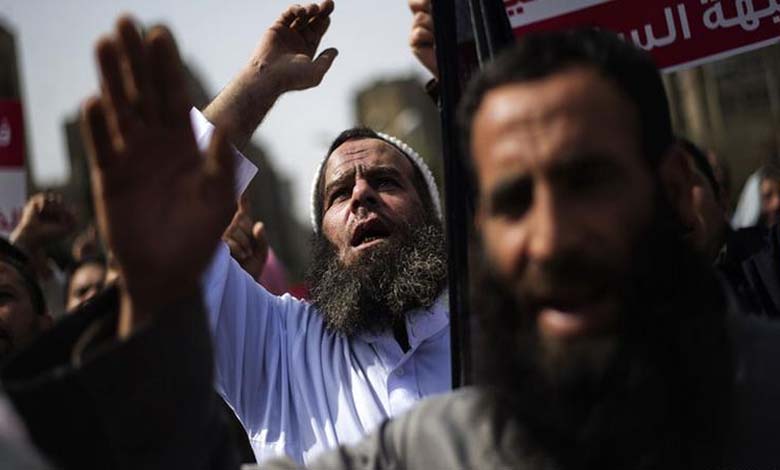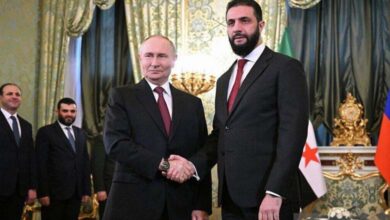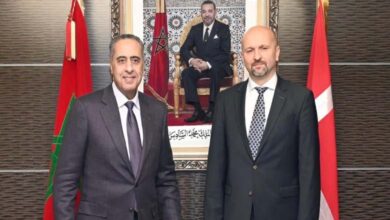Muslim Brotherhood’s gloating over the death of al-Madkhali reveals deep doctrinal hostility… Why was he their most formidable opponent?

Following the announcement of the death of Sheikh Rabi’ bin Hadi al-Madkhali, several reactions emerged from circles affiliated with the Muslim Brotherhood. Some of these responses were marked by gloating or harsh criticism of the late scholar, despite his being in his nineties. This has reignited focus on his controversial relationship with Islamist movements—especially the Brotherhood, which is listed as a terrorist organization in several countries and which he long regarded as a primary ideological adversary.
-
What is the Relationship between the Founding of the Muslim Brotherhood in Egypt, Iraq, Syria, and the Greater Israel Project?
-
“Year of Lies and Blood”: Major Terrorist Crimes Committed by the Muslim Brotherhood in Egypt
A renowned hadith scholar, Sheikh al-Madkhali was one of the few scholars to combine deep Islamic scholarship with direct criticism of the Brotherhood‘s doctrines. He authored several works that rigorously dissected the group’s intellectual foundations, particularly the ideas of Sayyid Qutb, basing his critiques on the Brotherhood’s original texts and comparing them with established Islamic sources, as reported by Al-Watan newspaper.
According to analysts, the rivalry between al-Madkhali and the Brotherhood was not just political or circumstantial—it was existential, since he challenged them from within the same religious sphere they had long claimed as their exclusive domain: the realm of Islam, preaching, and jurisprudence.
-
The Egyptian Media Syndicate responds to the Muslim Brotherhood’s lies about Egypt’s stance on the Palestinian cause
-
A new slap to the Brotherhood in Egypt; The failure of calls November 11 marks the end of the terrorist organization
This made al-Madkhali, observers say, more dangerous than secular or liberal opponents. He confronted the Brotherhood from within the Islamic scholarly tradition, not from outside it, employing traditional legal methodology and referencing respected Islamic scholars whose names the Brotherhood often cited without adhering to their actual teachings.
Observers point out that al-Madkhali’s scholarly depth surpassed that of several prominent Brotherhood figures, including Hassan al-Banna, Sayyid Qutb, and Muhammad al-Ghazali. His criticism therefore carried additional weight, combining solid doctrinal grounding with intellectual confrontation, making him a persistent and feared adversary in the Brotherhood’s collective memory.
-
Media Recalls the Crimes of the Muslim Brotherhood and Their Attempt to “Burn Egypt”
-
An Expert Reveals the Plans and Names of Muslim Brotherhood Centers Targeting the Region and Egypt
What intensified his clash with the Brotherhood was his use of their own tools—religious rhetoric, spiritual terminology, historical Islamic references—but to undermine their ideological project, deconstruct their theories, and warn Muslim youth against their worldview.
The death of Sheikh al-Madkhali does not merely close a chapter of personal rivalry; it revives one of the deepest ideological rifts within the contemporary Islamic movement—between those who see religion as a path to individual and societal reform, and those who wield it as a political weapon and organizational framework, as al-Madkhali clearly documented in his writings and public positions.












